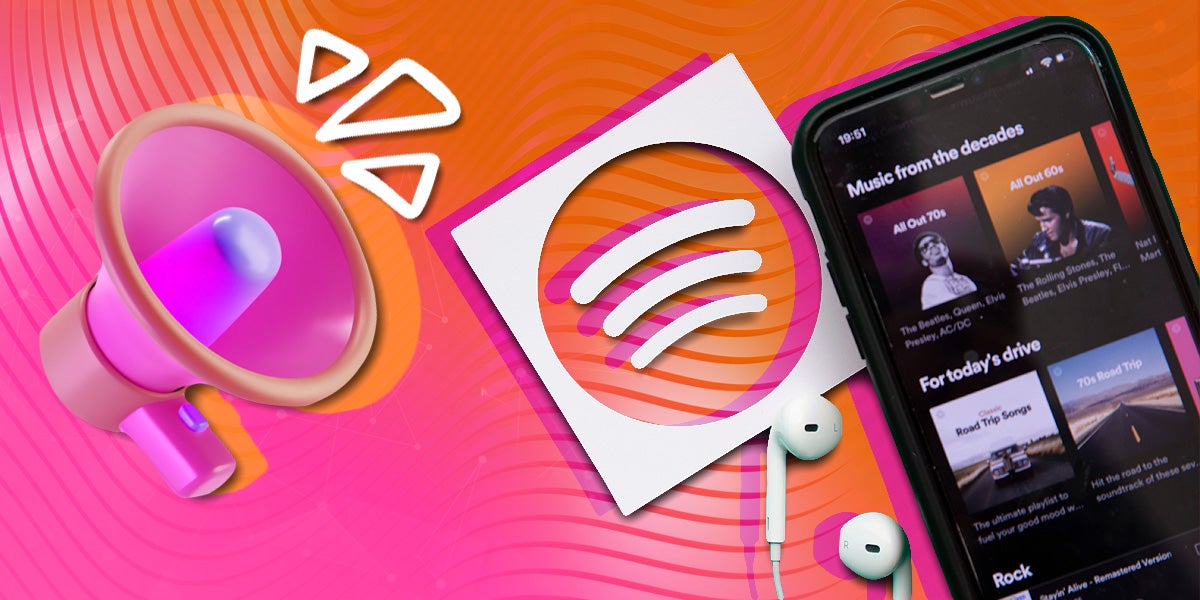
On June 13, Spotify announced that it is launching its first in-house creative agency, Creative Labs. Creative Labs’ purpose is to help brands create custom marketing campaigns.
Part of this, the platform told TechCrunch, includes generative AI tools. Spotify is also launching a new tool called ‘Quick Audio,’ which uses generative AI to help brands create scripts and voiceovers in the Spotify Ads Manager.
What does this mean for creators?
Now more than ever, AI tools feel inescapable. Whether it’s TikTok’s AI influencers or LinkedIn’s creative chatbots and branded campaign generators, these tools are everywhere — and they risk making creators feel obsolete. After all, if advertisers can use AI for scripts, voice acting, and graphic design, why would they bother paying creators for the same thing?
For Spotify, this all raises the question of how exactly this AI tool was trained, and whether the creators or advertisers involved consented to having their voices, campaigns, and other hard work fed into a generative AI product.
When asked about these issues, a Spotify representative said that the Quick Audio AI product is still in its “early days” and very different from the other AI products mentioned above.
“We believe Quick Audio will transform creative advertising, provide high-quality solutions end-to-end with ease and speed, lower the barrier of entry, and help advertisers run a large number of ads to scale their creative,” it said in a statement.
Either way, Spotify has a long way to go. It was only recently that CEO Daniel Ek apologized after saying the cost of content creation was “close to zero.”
“It’s clear I was far too vague in the post, including with my clumsy definition of content,” he wrote in an X post. “I understand how it came across as very reductive.”
This article was updated to reflect a statement from Spotify.




